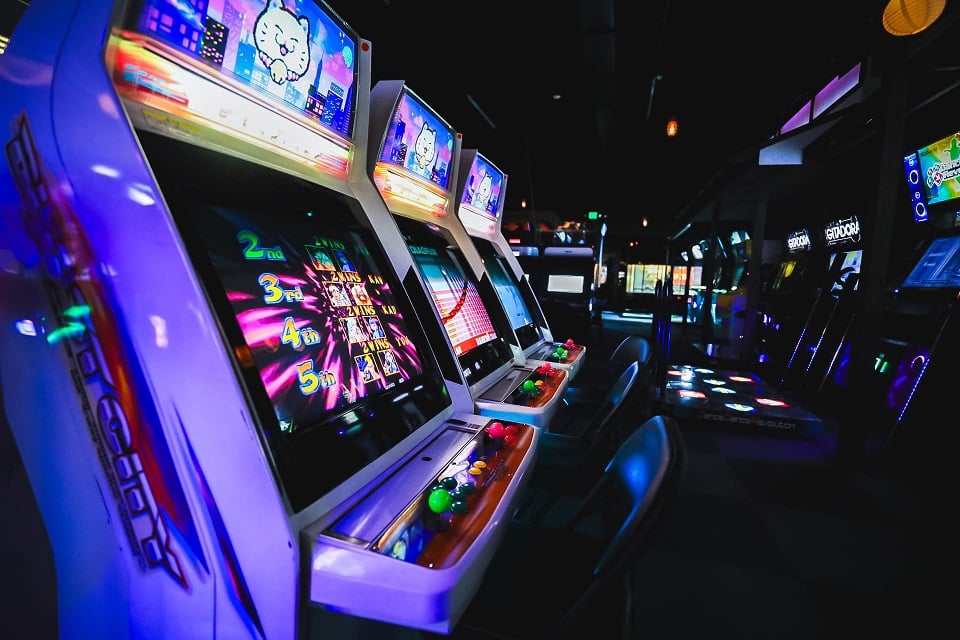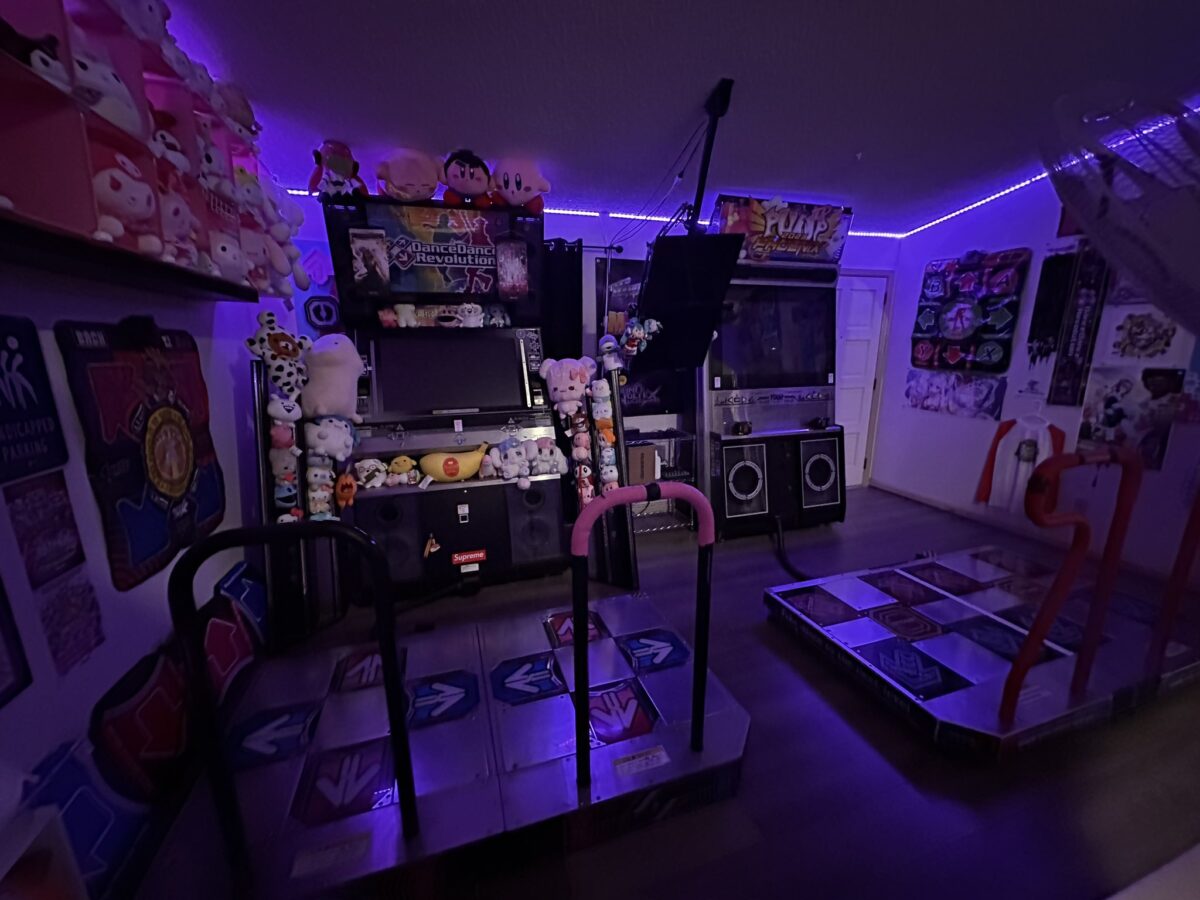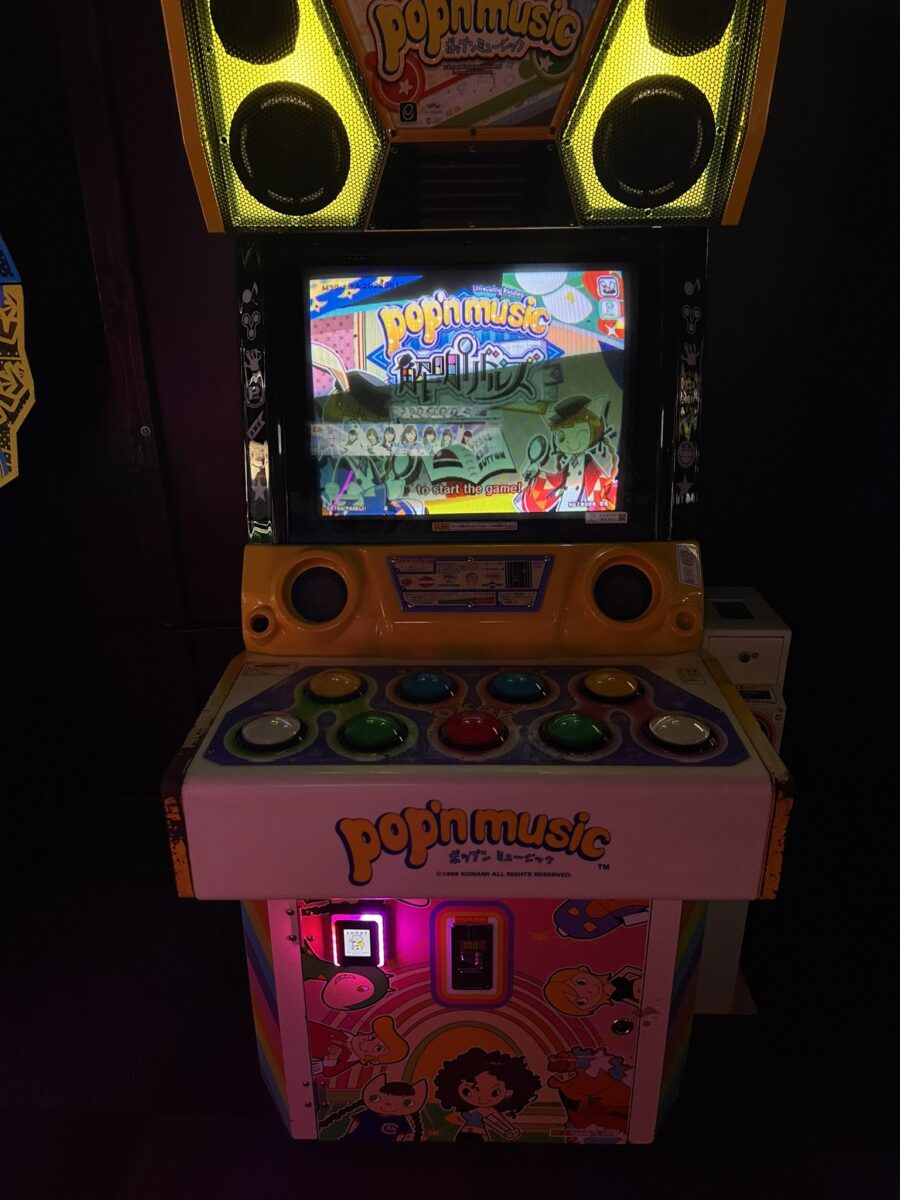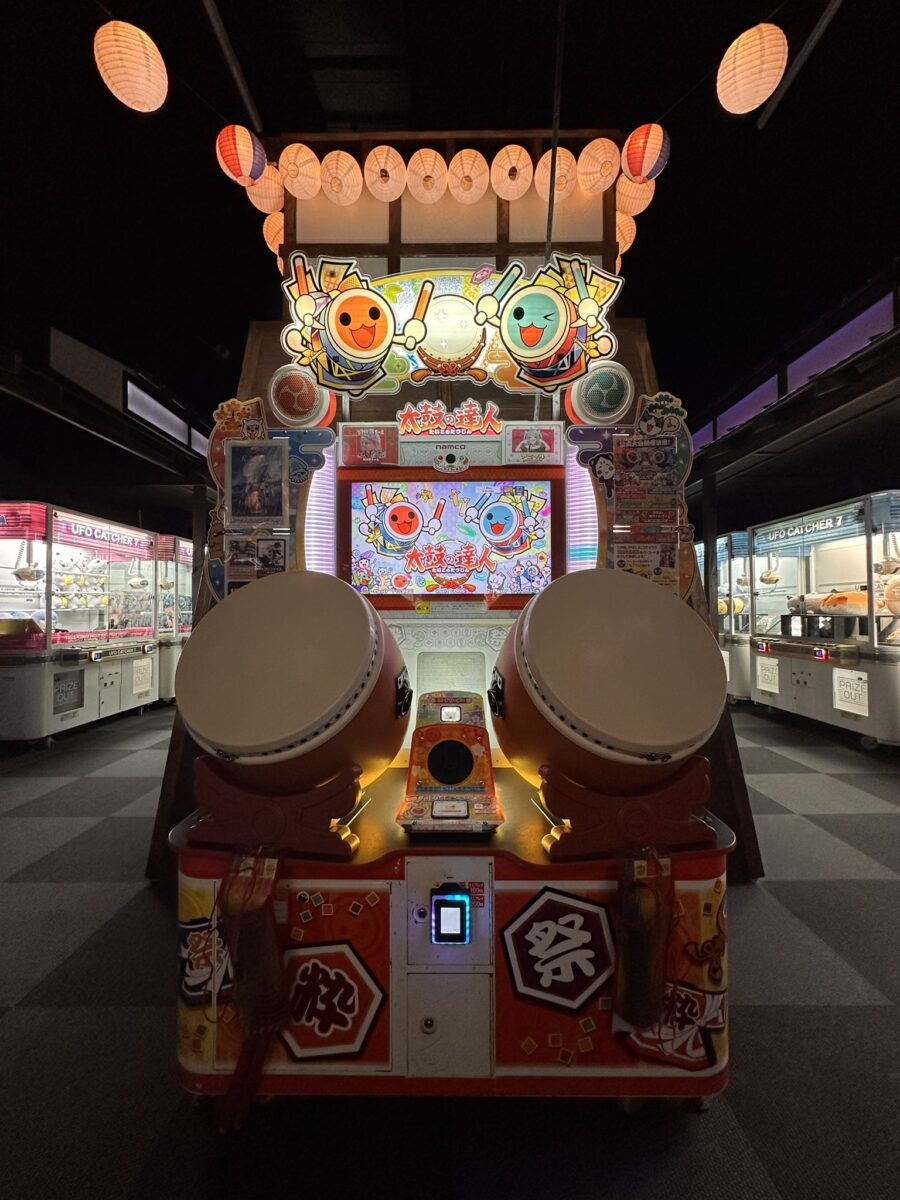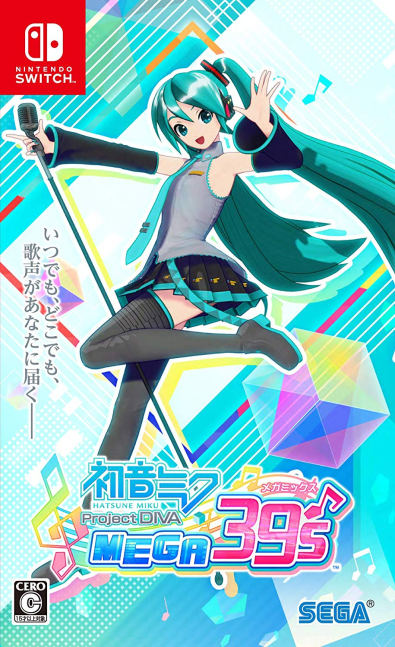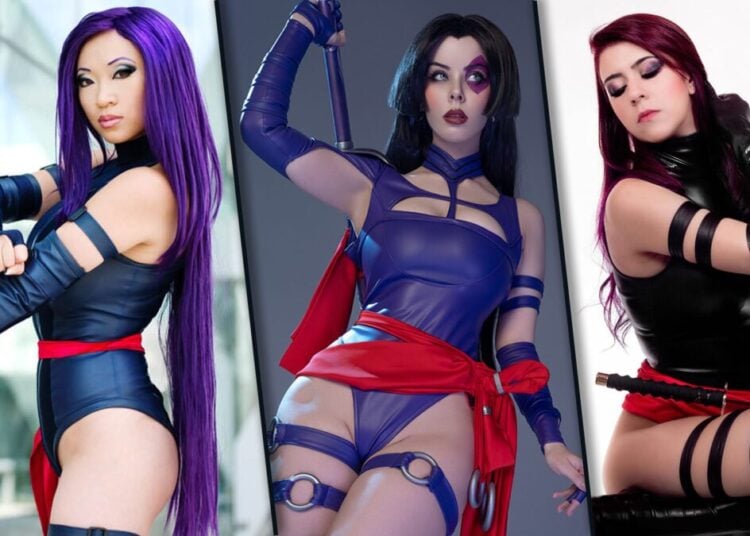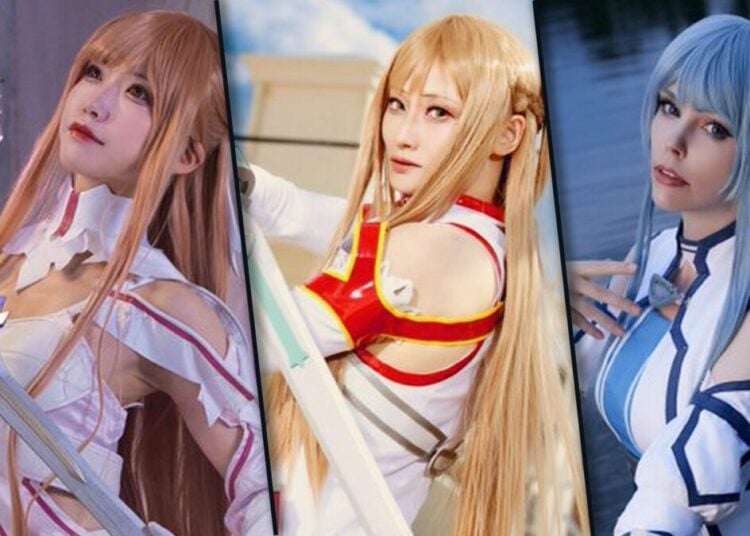After my article mentioning Lucky Cat Arcade dropped a few weeks back, the manager of the establishment, Xopher, reached out. I jumped at the chance to interview him, so let’s hop to it!
Why the focus on Japanese arcade games?
Originally, Otaku Takeout started as a small anime merchandise corner of Park West Pharmacy in Little Rock. When I heard about Otaku Takeout I went over and introduced myself, and had a conversation with the owners about rhythm games because they are very adjacent to anime. Turned out one of the owners’ wives loved DDR and the other owner loved Taiko no Tatsujin. I asked if I could leave one of the fliers with a QR code for Arkansas Rhythm Gamers Discord at their shop and they were happy to display it.
Soon after, they expanded to a brick-and-mortar location for Otaku Takeout. I found a Hatsune Miku: Project Diva arcade machine for sale and asked them if they’d like to purchase it for their store. They enthusiastically agreed. About a month or two after we had the game running in the shop, they approached me about building a Japanese arcade next door, since the unit was vacant. We soon began the process and started ordering games directly from Japan.
Did you expect to get this much support?
I never in my wildest dreams expected to be where we are today. I was simply trying to grow our community and it turned into something much grander than I could have ever hoped for at the time.
What was the biggest hurdle you had to overcome in getting it rolling?
Aside from waiting for contractors to finish building out the inside of the location, I and a few other friends were refurbishing games for about four months straight. I had to give up one of my other hobbies, weightlifting, to make time. All while working a day job. I would work during the days then head over to the arcade at night and try to do as much work as possible. We barely finished everything in time.
How do you source the machines? I can’t imagine it’s easy, given they come from across the world?
I have a preferred distributor. Shipping time is about 2-3 months. Once they arrive in port, they’re loaded onto a train that brings them to our location. We can only accept ground-level deliveries, as we don’t have a loading dock. We had to rent a lift-gate truck to transport the games. It was also in the middle of July when they arrived, and they were all fastened to the container’s floor with 2x4s. This required us to use crowbars to pry them all out. It was a hellish ordeal.
Is upkeep a chore?
It’s a labor of love. I’m also compensated fairly for the work that I do. It does eat a lot of my time, but it’s worth it to have such an amazing location for our community. Much of the upkeep is to accommodate player requests for new features and upgrades. For instance, I’ve installed headphone adapters on almost every non-dance game.
I was surprised to see such a big rhythm game scene in Little Rock. Are you responsible for that?
Partially. The owners love all things Japanese (especially quirky Japanese things). When choosing games, we agreed that rhythm games should be the primary focus because of their gimmicks and addictive gameplay. Personally, I have been playing rhythm games since the late ’90s and Dance Dance Revolution truly saved my life. I was nearly 400 lbs when I bought my first DDR machine. It helped me lose all that excess weight. From there I began collecting other rhythm game arcade machines and developed the skill to repair and maintain them.
Which of the games in the arcade is your favorite?
Either DDR or Pump It Up. I love dance games and those two are the ones that I play the most.
What was behind the choice to open in Little Rock, AR?
It’s where we live. Little Rock had nothing like this before. There’s an extremely good retrocade in Sherwood, AR called Vortex. The owner, Dan, has an amazing selection of older games, but it’s not the niche we wanted to go for. We wanted that Japanese arcade experience like you’d find if you stepped off the train in Japan and hit up Taito Station or Round1.
Going off that, how do you blend traditional Japanese arcade culture with the preferences of the local audience?
It’s a difficult balance. Those who are more into Japanese arcade culture appreciate the rhythm games, but everyone loves shooters like Time Crisis and racers like Initial D. I felt as though a 75% hardcore/25% casual ratio would be the most effective and may even get some of the casual people to find an interest in rhythm games.
Can you share any unique challenges you faced while introducing Japanese arcade games to the region?
There may have been some challenges in the financing portion, but the owners would have to speak more about that. I can only imagine the conversations with banks about lending for a Japanese arcade. Aside from that, sourcing parts for the games can be difficult, but we typically find them on Yahoo Auctions Japan.
What are the most played titles?
Almost always Initial D is at the top, followed by Time Crisis 5, House of the Dead 4, Sailor Zombie AKB48, then DDR and Pump It Up.
Peter will be thrilled to hear that. He loves the Initial D games. How about the least?
Probably Pop’n Music. It’s old-looking because it has a CRT display and the 9 buttons can be intimidating. I’ve also heard people say they feel it’s for children because of its bright colors.
How do you balance preserving the authenticity of Japanese arcade culture while adapting to the preferences of American gamers?
Simply put, we don’t target the preferences of typical American gamers. Otaku Takeout and Lucky Cat Arcade are about introducing the Japanese anime/arcade culture to the Arkansas audience. For those who prefer the Western arcade experience, there’s a Dave & Buster’s nearby. We pride ourselves in our efforts to be the most authentic Japanese Arcade experience in the area and wouldn’t want to undermine that.
How do you stay updated with the latest trends in both the Japanese and American arcade scenes?
I am deeply invested in social media regarding these subjects. Any time there are updates I try to become as knowledgeable as possible. There are wonderful Discord servers dedicated to documenting and sharing knowledge about them. It’s very helpful.
How do you select which games to feature in the arcade?
It’s a mix of staples like DDR, and beatmania, alongside what I and the owners wanted personally. The distributor also suggested some games which was a big help because some have been extremely popular.
Can you share any insights into the role of arcade culture in fostering social connections and friendships among your visitors?
We’ve had a renaissance of that arcade meetup/rivalry culture from the late ’90s and early 2000s. People waiting in line for games, talking strategies, and introducing others to new games. Additionally, I’ve added QR codes to our arcade machines that send customers to our Arkansas Rhythm Gamers Discord.
How do you see the future of arcade gaming evolving, globally and within your local community?
Unfortunately, arcades are slowly dying worldwide. Japan specifically is seeing a huge downturn in players. There are new games that die almost instantly since there’s no interest. Konami had a recent game called Polaris Chord which had rows and rows of the game completely unoccupied. Many popular arcades also shut down after the pandemic.
That said, those Japanese locations have had these kinds of experiences for decades. Arkansas has not. Combined with the other things Otaku Takeout offers, such as weekly game nights, and regular seasonal events, we feel like it’s more than just an arcade experience. It’s a synergy of anime, Japanese culture, and gaming experiences. We believe that will keep it successful.
What advice would you give someone interested in starting their own Japanese-style arcade in a different region or country?
Don’t rely on only the arcade. I firmly believe that Lucky Cat Arcade has done so well because of the synergy between the arcade and Otaku Takeout’s combination of merchandise, ramen bar, and Japanese alcohol. You must cast a wide net to consistently bring in new customers and regulars.
I have two more that I ask everyone. First, what’s your favorite anime/manga?
What’s your favorite non-rhythm game?
Non-rhythm game would be Chrono Trigger.
Wonderful. Thanks again for doing this. It’s been incredibly insightful. I can’t wait to come by again.
Let’s Chat
You made it to the end of this post! Thank you! As a token of our appreciation, enjoy an extra 5% off your next order when you use the code BLOG at checkout. Also, don’t forget to follow J-List on all our platforms!
- Twitter / X, where Peter posts anime booba for you
- Bluesky, where we post several times a day
- Facebook, where we used to share memes and discuss anime
- Discord, if you want to chat with other J-List customers of culture
And there you have it, dear readers. If you’d like to get some rhythm games of your own, we currently have the amazing Hatsune Miku Project DIVA MEGA 39’s on physical. It’s personally my favorite of the series and boasts an incredible tracklist.


